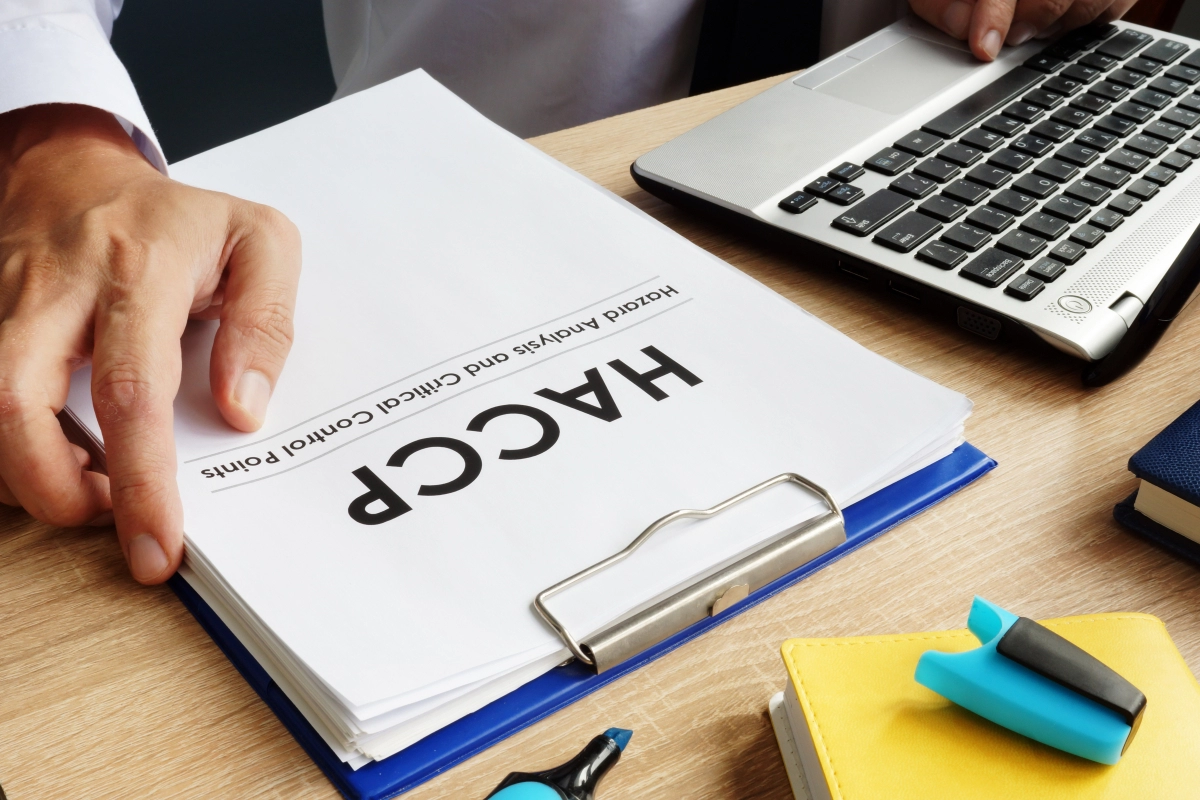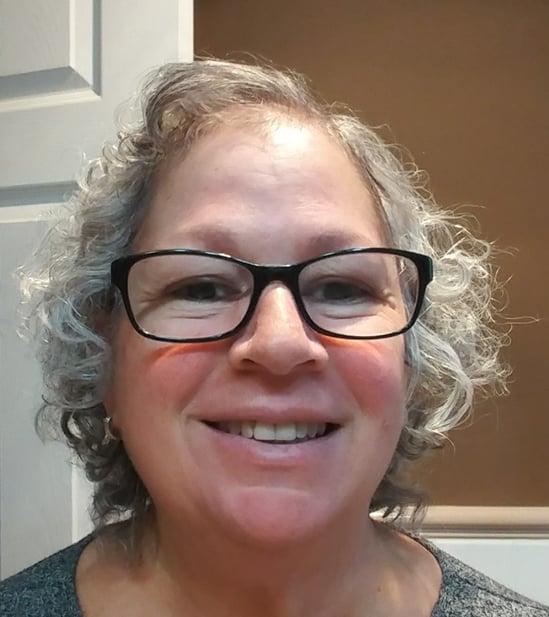
Food Safety Superhero Teaches Cancer Patients How to Prepare Food Properly
Robyn Goorevitch has been one of our food safety trainers for a number of years. In addition to her work with us, Robyn also runs her own food safety classes for various organizations. In July 2016, Robyn received a cancer diagnosis and was told by her oncologist that all she had to do to ensure that her food was safe was to avoid sushi. She was shocked by this misinformation, since she educates people every day on the food safety steps that have to be taken for high-risk groups - which includes cancer patients. She decided to do something about it by offering food safety classes through Wellspring, a nonprofit organization which exists to help cancer patients and their caregivers, even while battling the disease herself.
Robyn’s diagnosis and misinformation about food safety
When Robyn was diagnosed with Stage 1 breast cancer, she celebrated the news as it meant that her treatments and disease weren’t going to be as bad as she had anticipated in the several agonizing days she had between being told she had cancer and then being told what stage her cancer was at.
Everyone had told her that she would have to stop working, but after the initial round of chemotherapy she weighed her options and decided that she would feel better if she continued to work. While it is very much a different experience for each patient, some patients do find - and there are studies to back this up - that their treatment and healing progress better if they continue to work, and Robyn was one of these patients. During this time, Robyn continued to teach cooking classes for Wellspring, after having been teaching with the organization for two years prior to her diagnosis.
Wellspring - cancer care nonprofit offers food safety classes
Wellspring is a nonprofit support network for cancer patients which has locations in Alberta and Ontario. It has over 40 programs and services for cancer patients, including classes, lectures, and support groups. Wellspring is a great place to go to get everything you won’t necessarily get from your medical cancer care team. It is funded entirely through donors and does not receive any form of government funding.
One of the classes it offers is in food safety, and it was one of these classes that Robyn taught, and Food Safety Market donated some digital thermometers for Robyn to hand out in these classes. If a cancer patient is cooking for themselves, the process needs to be kept as simple as possible, including checking internal temperatures of foods. This is best done with a digital thermometer with an easy-to-read screen.
Why cancer patients must pay attention to food safety
Food safety is usually the last consideration on a cancer patient’s or caregivers mind. However, it is of utmost importance to the healing process as any infection can affect the efficacy of cancer treatments and healing, and foodborne illnesses are one of the most common ways a cancer patient can contract a virus or infection.
As Robyn found out, medical professionals may not counsel patients in the importance of food safety, but Robyn points out that this isn’t really their fault - most food safety regulations didn’t come into play until the late 00’s, which means that they wouldn’t have been appropriately communicated to many medical professionals during the time they were in school. This is why Robyn has also given lectures about food safety in various medical facilities since her diagnosis.
Food safety tips for cancer patients
Food safety guidelines recommend that high-risk groups go vegetarian with fish (or pescetarian). Avoidance of meats such as chicken, pork and beef greatly reduce the risk of foodborne illnesses that stem from undercooked meats. While everyone won’t prefer to make this switch, the risk reduction it offers is enormous. Here are some more tips and foods to avoid for cancer patients.
Unpasteurized dairy and juices
Pasteurization reduces bacteria in dairy and juices. Most juice bars and freshly squeezed juices should be avoided, even though they would seem like a healthy option. Milk and cheese which has not been pasteurized should also be avoided, although that is simple since Health Canada requires pasteurization or similarly effective methods of killing bacteria.
No runny yolks
Soft-poached eggs and any runny yolk on an egg should be avoided. Over-easy eggs are fine, while sunny-side-up is not.
No sprouts or cantaloupe
Sprouts and cantaloupe are healthy choices, but they are also the two most contaminated foods. Cantaloupe is often contaminated because of the rough skin, which can harbour bacteria even when washed that can end up in the fruit when the melon is sliced.
Know internal temperatures of foods
Get a digital thermometer and check internal temperatures on foods to ensure they meet the Health Canada guidelines, listed here.
Keep food out of “the danger zone”
“The danger zone” for bacterial growth is room temperature, with the danger of bacterial growth climbing with the temperature. Refrigerated foods should be stored in the fridge, as well as most fruits. During the course of treatment, consider putting things in the fridge that you wouldn’t normally, such as apples. Items like bananas and oranges are fine to leave out (unpeeled, of course) as they have a thick protective skin.
Cooked foods should be wrapped and stored in the fridge after they have cooled sufficiently to be safely handled, and should be thrown out if they have been left out for more than two hours. Items like cheese should be eaten directly from the fridge, and you should avoid things like cheese and meat trays at functions or buffets since you don’t know how long they’ve been left out.
Soak foods in the fridge
If you go vegetarian (or even if you don’t), you’ll be eating more foods such as beans and legumes that may need to be soaked. Don’t leave them out on the counter - put them in the fridge to soak.
Now cancer-free, Robyn continues to be a food safety superhero
Robyn is now cancer-free after a number of treatments that included chemotherapy, surgery, and radiation. She is continuing to teach food safety for Wellspring, and regular classes for Food Safety Market and her own business. We are proud to call Robyn one of our food safety superheroes, and look forward to many long years together.


